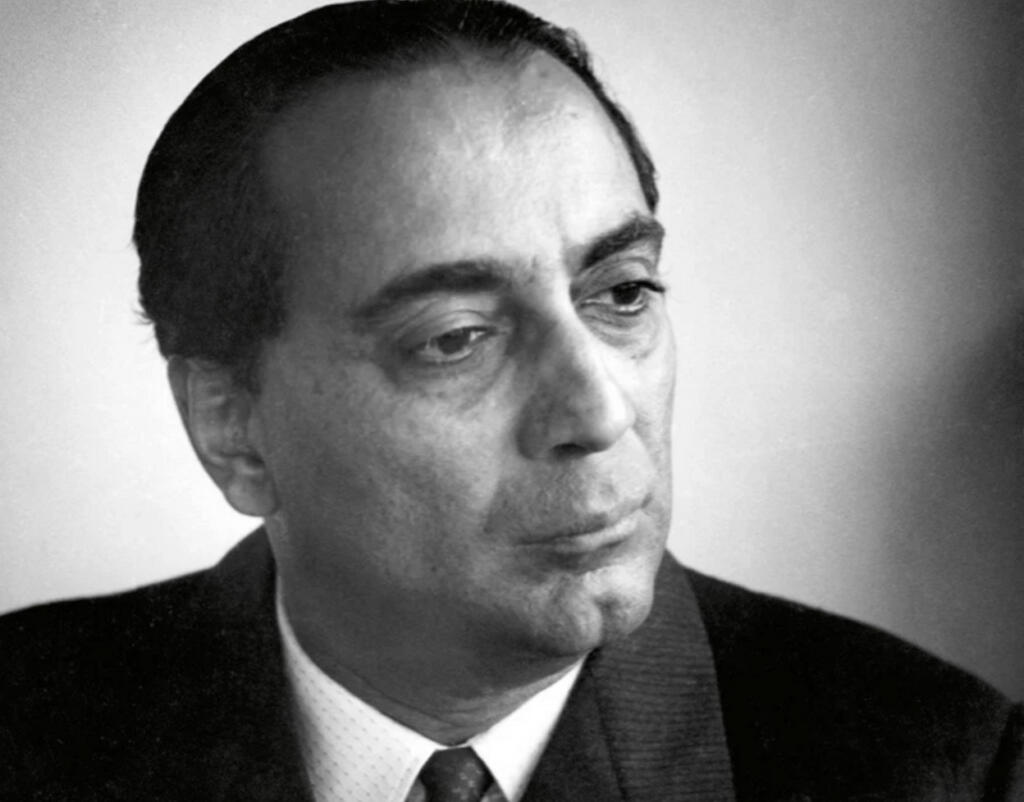Homi Jehangir Bhabha is recognised as the father of India’s nuclear programme. Had it not been for his historic contributions to India’s nuclear programme from the 1940s to the 1960s, India would not have been as advanced a nuclear-powered and armed nation as it is today. Bhabha was awarded the Adams Prize in 1942 and the Padma Bhushan in 1954. He was also nominated for the Nobel Prize for Physics in 1951 and 1953–1956. Bhabha was born into a prominent wealthy Parsi family. He received his early studies at Bombay’s Cathedral and John Connon School and entered Elphinstone College at the mere age of 15, after passing his Senior Cambridge Examination with Honours.
He then attended the Royal Institute of Science in 1927 before joining Caius College of Cambridge University. It is safe to say that nuclear physics was a passion for Bhabha. He was enamoured by this rather new branch of physics, which led him to conduct experiments on particles that released enormous amounts of radiation. In January 1933, Bhabha received his doctorate in nuclear physics after publishing his first scientific paper, “The Absorption of Cosmic radiation“. Thereafter, Bhabha authored several pathbreaking papers which are even today considered guiding lights by nuclear physicists around the world.
Homi Bhabha’s Nuclear Passion and Dream for India
The Indian Nuclear Weapons program traces its history to the establishment of the Atomic Energy Commission in 1948 with Dr. Homi Bhabha as Founding Chair. While Homi Bhabha was a proponent of the acquisition of nuclear weapons, the then Prime Minister of India, Jawaharlal Nehru had an ambiguous stance on the issue. While he had earlier stated his favour towards research in nuclear physics, he had staunchly refused to entertain the possibility of India acquiring nuclear weapons.
Read more: How Nehru ignored Homi Bhabha and delayed India’s nuclear bomb
The early years of Indian Atomic development were largely marked by nuclear cooperation with Canada, the USA, UK, and France and focused on the peaceful use of nuclear energy alone. However, Bhabha had recognised the immense possibility of the weapon and its strategic value. During a conference, he said, “nuclear weapons coupled with an adequate delivery system can enable a State to destroy more or less totally the cities, industry, and all-important targets in another State. It is then largely irrelevant whether the State so attacked has greater destructive power at its command. With the help of nuclear weapons, therefore, a State can acquire what we may call a position of absolute deterrence even against another having a many times greater destructive power under its control.”
In 1965, Homi Bhabha had declared on All India Radio that he could make India a nuclear-armed country within 18 months if given the go-ahead. This sent shivers down the spines of world powers. So, within a year, Homi Bhaha is suspected to have been killed by the United States’ CIA.
Homi Bhabha’s Death
Bhabha was killed when Air India Flight 101 crashed near Mont Blanc on 24 January 1966. A ‘misunderstanding’ between Geneva Airport and the pilot about the aircraft position near a mountain is cited as the official reason of the crash which saw India’s brightest and most decisive nuclear physicist losing his life.
A book titled Conversations with the Crow, which contains the transcripts of journalist Gregory Douglas’s interview with former CIA operative Robert Crowley claimed the CIA got rid of Bhabha to “paralyse” India’s nuclear programme. Crowley claims it was a bomb in the cargo section of the aircraft which brought it down in the Alps.
On July 11, 2008, an alleged conversation between journalist Gregory Douglas and CIA officer Robert T. Crowley had been reproduced by a news media organisation called TBRNews.org. The CIA officer was quoted as saying: “We had trouble, you know, with India back in the 60’s when they got uppity and started work on an atomic bomb…the thing is, they were getting into bed with the Russians.’’ Referring to Homi Bhabha, he said, “that one was dangerous, believe me. He had an unfortunate accident. He was flying to Vienna to stir up more trouble when his Boeing 707 had a bomb go off in the cargo hold….’’
The fact that there has been no substantive investigation into the air crash which killed Homi Bhabha is a statement of how the West conspired to derail and paralyse India’s nuclear programme. Indeed, India suffered a setback with the killing of Homi Bhabha, but the man’s contributions, research, and studies continue to guide India and the world at large to this very day. On his birth anniversary today, it is only fit for India to remember its nuclear hero.
